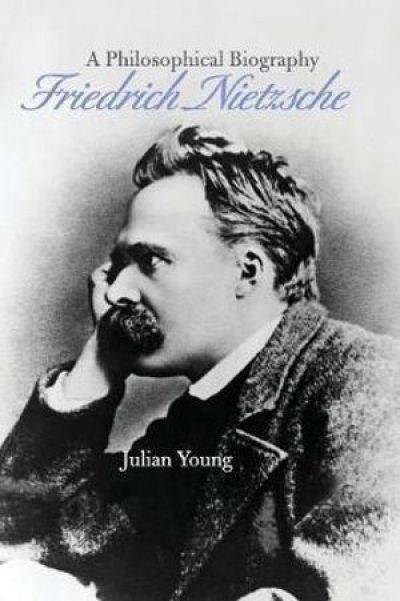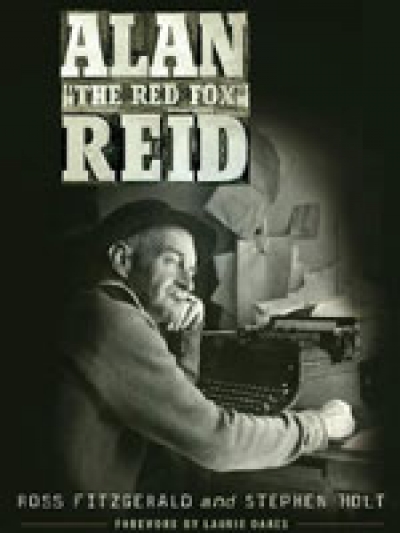Biography
The Hare With Amber Eyes: A hidden inheritance by Edmund de Waal
The Hare With Amber Eyes tells the migration story of ‘a very large collection of very small objects’, specifically 264 netsuke (pronounced like ‘jet ski’, from the Japanese characters for ne and tsuke, meaning ‘root’ and ‘attach’). Netsuke are small pieces of ivory, wood, metal, ceramic, or some other material, carved or otherwise decorated, and perforated for use as a toggle that tucks behind the belt or sash of a kosode or kimono (obi). From it a purse or more usually a small box with compartments (inro) may be suspended by a stout silken cord, and fastened with sliding beads (ojime). Netsuke evolved in seventeenth-century Japan to embrace an almost limitless number of decorative forms and shapes, increasingly prized, through the eighteenth century, as miniature sculptures on their own, nevertheless conforming to the basic requirement of their original function: namely, to allow a cord to be threaded through some sort of eye – in the case of the eponymous hare with the amber eyes this is achieved by the contrivance of a cocked hind leg; such strategies became more and more ingenious as netsuke proliferated – and also adhering to a roughly uniform size of between one and two inches in diameter, occasionally more. Ideally, netsuke nestle comfortably in the palm of the hand. Indeed, part of their aesthetic appeal is to the sense of touch, so deployed.
... (read more)A Book of Secrets: Illegitimate Daughters, Absent Fathers by Michael Holroyd
In a review on quite another subject for ABR’s recent summer issue (‘Barry by Edna’, December 2010–January 2011), I had occasion to invoke the career of Michael Holroyd, ‘reigning, if ailing, king of English biographers’, as I dubbed him. On the basis of his well-publicised illness, I sadly but confidently declared that Holroyd’s joint biographical study of the Irving and Terry theatrical dynasties, A Strange Eventful History (2008), was ‘likely to be his last’. How delightful now to be proved wrong with the appearance of A Book of Secrets.
... (read more)The business of authoring another person’s life is problematic and potentially dangerous. You need to be brave to write biography. It is not just the labour involved, or the obsessive research involving more travel and hours of work than can be deemed cost-effective; it also requires a self-exposing judiciousness. At every stage in the procedure decisions are made, not with the support of a committee or a line manager, but usually by the biographer alone. The rightness or wrongness of these decisions affects not only the selection and handling of the material, but also almost every aspect of the project, from the initial negotiations with descendants of your subject, the literary executor or interested parties, to the publicity that surrounds the book’s publication.
... (read more)Nine Lives: Postwar Women Writers Making Their Mark by Susan Sheridan
Susan Sheridan’s Nine Lives, a ‘group biography’, analyses the life stories and literary achievements of nine Australian women writers. The purpose, according to Sheridan, is not only to rediscover the life story of each, but also, by exploring their publishing and aesthetic context, to create a ‘fresh configuration’ of our literary history.
... (read more)Friedrich Nietzsche: A Philosophical Biography by Julian Young
If any book market is nearing saturation, it must be the Nietzsche one, yet new titles keep appearing. Julian Young’s biography, Nietzsche: A Philosophical Biography, is unusual, given the author’s academic repute as a Nietzsche scholar. Young acutely surveys Nietzsche’s life, while offering erudite accounts of his philosophy. As Young observes in explaining Nietzsche’s own self-referential style, ‘biographies sweeten the hard-to-swallow pill of philosophy’, and this is also true of Young’s book. Moreover, while Young clearly loves Nietzsche, this book is not written in the sycophantic style that is common of the genre (Nietzsche’s philosophy is criticised in many places, as is Nietzsche himself).
... (read more)To write about a biographer is to be aware of a presence, psychologically if not spectrally, sitting on your shoulder. This presence is not an angel, more like an imp, the minor demon that arouses bad deeds, or thoughts. In writing about a biographer we can feel not angelic inspiration, but the imp of doubt, saying: This is not good enough, I could do better.
... (read more)Australia’s feisty first female High Court judge
John Bryson
From Moree to Mabo: The Mary Gaudron Story
by Pamela Burton
UWA Publishing, $49.95 pb, 511 pp, 9781742580982
H.V. Evatt, on the hustings during an election campaign, was asked by an eig ...
Claude Lévi-Strauss: The Poet in the Laboratory by Patrick Wilcken
In retrospect, it seems hard to explain the widespread influence of the anthropologist Claude Lévi-Strauss. When he died at the age of one hundred in 2009, the New York Times said in its obituary that he was ‘the French anthropologist whose revolutionary studies of what was once called “primitive man” transformed Western understanding of the nature of culture, custom and civilization’. It was a typically inflated assessment. Not so Patrick Wilcken’s excellent biography of Lévi-Strauss, which brings into sharp focus the extremely idiosyncratic nature of his oeuvre, while at the same time showing how it managed to catch a post-World War II Modernist wave of popularity. When the intellectual surf rolled out again later in the century, Lévi-Strauss was left standing alone, but by then that was exactly how he liked it.
... (read more)The Other Dickens: A Life of Catherine Hogarth by Lillian Nayder
In September 1857, after twenty-one years of marriage, Charles Dickens began the eight-month long process of separating himself from his wife, Catherine. At forty-two years of age, Catherine had given birth to ten children and managed Dickens’s large household. Until the mid 1850s she and Dickens seemed to enjoy a happy partnership, yet by 1858 Catherine was exiled from the family home and cut off from all but one of her children.
... (read more)Alan ‘The Red Fox’ Reid: Pressman Par Excellence by Ross Fitzgerald and Stephen Holt
Some locations are perfect for reading particular books; those that foster an extra connection to history as lived by the protagonists. Now that the labyrinthine corridors of Old Parliament House have been opened to all, climb the rickety staircase to the press gallery, Ross Fitzgerald and Stephen Holt’s book in hand, to reach the cramped den of power of their vulpine subject. Among the evocatively recreated rooms and the very pipework of the building that, we learn, literally leakedthe scoops from the House of Representatives below, the cigarette-addled voice of ‘The Red Fox’ still crackles out alongside the recorded clang of typed keys. Alan Reid, journalist, author, and political communications spin doctor before the term was even invented, died the year prior to Parliament’s move up the hill. But the old building’s new title as ‘The Museum of Democracy’ fittingly stamps the need to focus attention back on one wily fox, who ran free but unelected at the heart of the democratic process, and who has until now escaped scholarly assessment.
... (read more)




